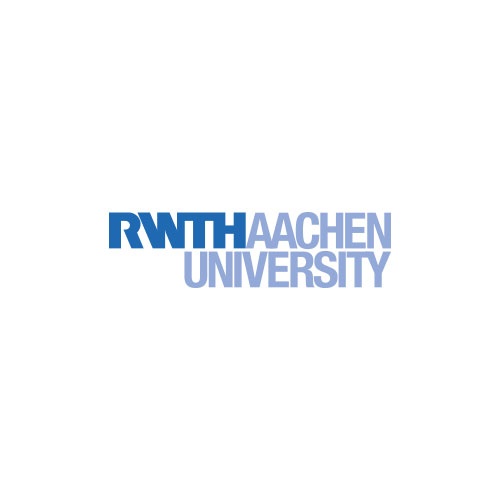RWTH Aachen University: Spearheading Innovation in Artificial Intelligence
“RWTH Aachen University is a driver of digital development in the Rhenish Mining Area and it is therefore an important part of the digital transformation,” said NRW Minister President Hendrik Wüst at a press conference on the edge of the Hambach open pit mine this week. Together with Dr. Marianne Janik, CEO of Microsoft Germany, and NRW Ministers Mona Neubaur (Economy, Industry, Climate Protection and Energy) and Ina Scharrenbach (Home Affairs, Municipal Affairs, Construction and Digitalization), Wüst presented Microsoft’s plans to establish a location in the Rhenish Mining Area.
The US tech giant plans to invest 3.2 billion euros in several data centers for cloud computing and artificial intelligence; these centers are called hyperscalers. After decades of lignite mining in the region, the early phase-out of coal has led to a period of intensive change. The data centers are intended to help increase capacities for cloud and AI services in Germany. The company is also planning a training initiative to increase expertise in this area. By 2025, 100,000 people are going to be trained in the field of AI in North Rhine-Westphalia alone.
At RWTH Aachen University, expertise and activities in the field of AI are bundled together at the AI Center, which was established in 2021 and which has developed into a leading university location for AI research, both nationally and internationally. The focus is on basic and application-oriented research in the field of safe, reliable, and sustainable AI systems. “Artificial intelligence is both a method and an object for us in research, teaching, examinations, and all areas of central administration. We want to shape the transformation process driven by AI with knowledge and innovation, and at the same time we as a university are also subject to this transformation. The central instrument for us is our AI Center,” says RWTH Rector Professor Ulrich Rüdiger.The Center is headed by CEO Professor Holger Hoos, who has held an Alexander von Humboldt Professorship at RWTH since 2022, Professor Sebastian Trimpe and Managing Director Dr. Julia Mann. In addition, Alexander von Humboldt Professors Wil van der Aalst, Hector Geffner and Heike Vallery, as well as Professors Joost-Pieter Katoen, Gerhard Lakemeyer and Bastian Leibe are actively involved in the strategy and success of the AI Center as board members.
AI research is always characterized in particular by interdisciplinary and networked thinking, not only within RWTH. One example of this networking is the signed partnership agreement between Eindhoven University of Technology (Netherlands), KU Leuven (Belgium), and RWTH, which was established in 2023 and which Holger Hoos sees as being nothing less than “groundbreaking”.
Joint events are already being held regularly within this framework and, according to Professor Wil van der Aalst, scientific staff will also be more closely networked and infrastructure will be more closely shared in the near future: “The expertise in our region is absolutely essential for the success of the changeover from coal to AI, which itself is important for the Rhenish Mining Area, Germany, and Europe. RWTH Aachen University, Forschungszentrum Jülich, and other organizations such as the Fraunhofer Institutes working in the field of AI play an important role here, as do other regional and international companies,” says Holger Hoos.

